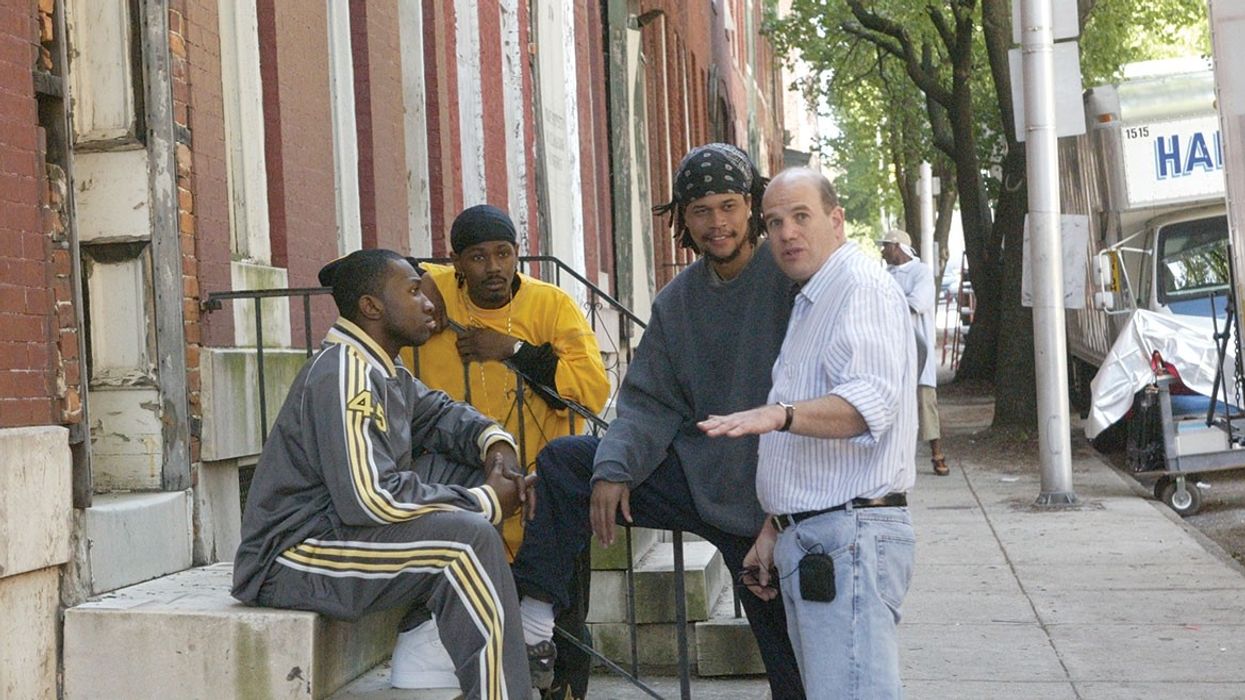Why Does 'The Wire' Creator Say Hollywood Has "A Healthy Contempt" For Writers?
Has Hollywood always had "healthy contempt" for creativity? This is why David Simon thinks so.

The Writers Guild of America strike is officially in its tenth week, and there are no signs of the strike ending any time soon. As productions finally come to a halt, the Hollywood industry should be starting to feel the hole burning in their pockets that they could easily fix by giving the WGA a fair deal, but will they?
The Wirecreator David Simon, who self-describes as a “lifelong union man” as a member of the Newspaper Guild and the WGA, believes that the entertainment industry’s top executives don’t respect even the biggest writers in the industry.
According to the Wrap, Simon joined Freakonomics author Steve Levitt’s podcast People I (Mostly) Admire and said, “The truth is, there has always been a healthy contempt for the creative element in this industry, not on the part of everybody, and I’ve had good relationships with people at the studios and certainly there have been moments in my career where I’ve been very grateful for working with somebody who understood the complexity of what we were trying to do.”
“But certainly the people who are closer to the Wall Street analysts and the people who are closer to the money side of this and the people who are running the studios—I don’t think they have a clue what it is that writers do,” he continued.
Simon explains that many of the issues writers face in this ongoing strike are the complete disintegration of writers’ rooms in favor of mini rooms, which pay all writers, including up-and-coming writers, little to nothing for an ungodly amount of work that may or may not get the green light, and the rising use of artificial intelligence, a topic Simon has already passionately spoke against.

“They came to the point of saying, ‘We understand that we will make more money with a newsroom of 100 people, many of whom are recent hires, hired at lower wages and without the seniority, than we will in the newsroom of 450 people in Baltimore who are going to really cover the city. And people will still take this and we’ll still make money. And we have a market share that is reliably ours,'” Simon said.
Unfortunately, writers everywhere are seeing this as the upcoming recession creeps closer and closer and companies everywhere cut off leadership in favor of profit.
“There are people who are thinking, ‘We can do this for a lot cheaper. We can get rid of the writers.’ And I think they’re saying we can make more money putting out bad television than we can putting out good. In the short term, there may be places where they’re right. I think in the long term for the overall health of the industry, they’re digging their own grave,” Simon stated.
It’s hard to say what the entertainment industry will look like at the end of the year. With new developments in AI coming out every day, productions halting, lack of leadership in favor of profit, and rising prices everywhere, the fate of entertainment is in the hands of studio executives, their legal teams, and their pens.
Will studio execs change their way of thinking? If so, how bad do things have to get for them to do so?
Let us know your thought in the comments below.
Source: The Wrap
















